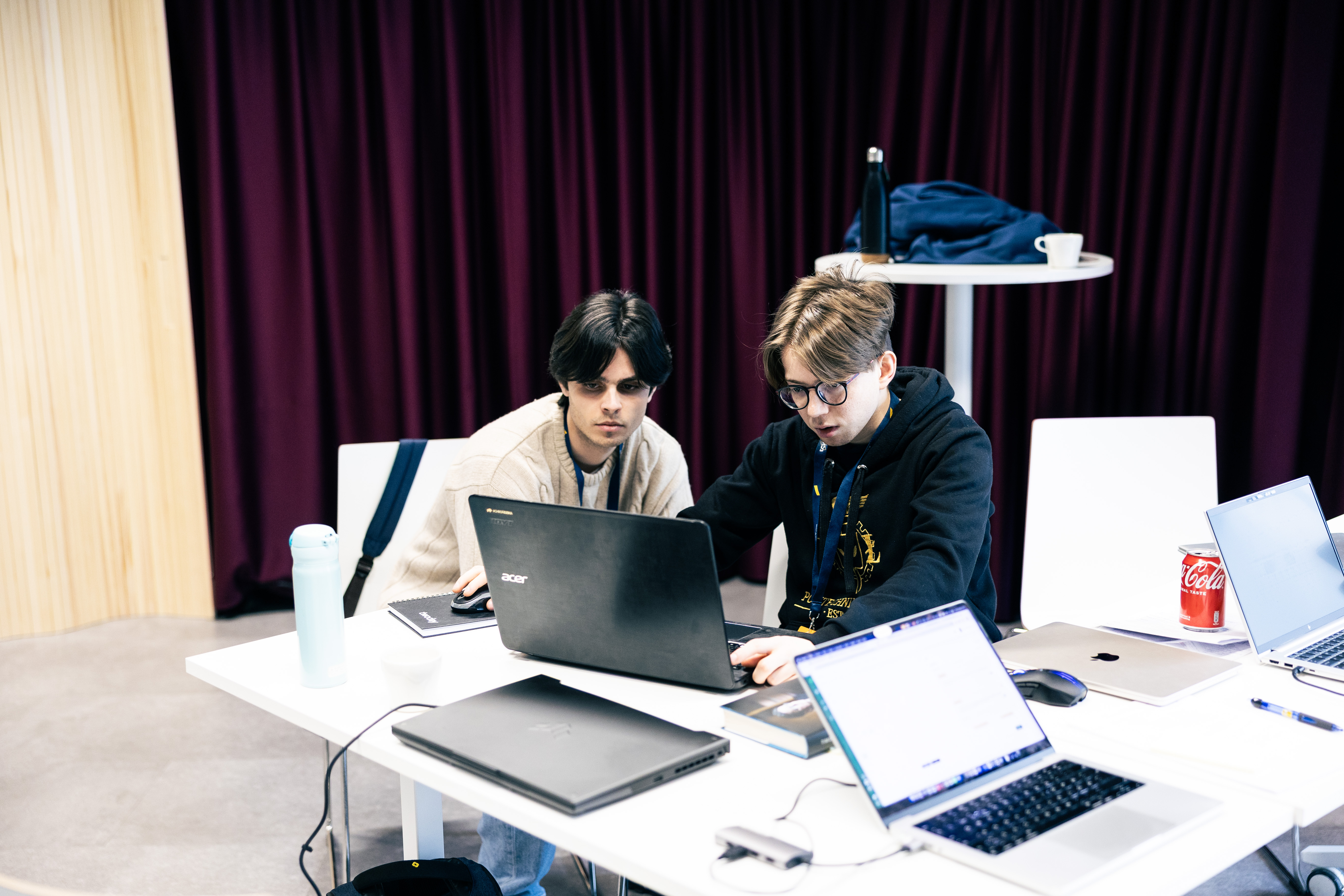ECIU at the University Industry Interaction Conference

ECIU is a partner of UIIN– University Industry Interaction Network and as a leading internationalconsortium strongly committed to innovation, entrepreneurship and regionalengagement, aims to act as a powerful enabler in strengthen the relation andimpact of universities in their regions. Also, ECIU will bring insights aboutthe interactions universities-industry at larger and how universities aredeveloping and building smarter cities.
ECIU will lead a session,in a practitioner perspective, dedicated to “The role and experience of ECIUuniversities in regional development”. Troels Jacobsen (University ofStavanger), Jan Axelsson (Linkoping University) and Wilbert Pontenagel(University of Twente) will be the ECIU experts, members of the Entrepreneurshipand Societal Impact of Research (ESIR) Steering Committee, supporting the event.
During the session participants will be invited to reflect on
- How to move from triple helix approach to quadruple helix (civic society involvement) in smart-city development?
- How to move from smart cities to smart regions?
How Stavanger municipality and the university of Stavanger isworking with smart city development. Troels Jacobsen (University of Stavanger)and Gunnar Crawford (Stavanger municipality)
Stavangercity was among the first round of cities getting the status of smart citylight-house projects from the H2020 programme together with Eindhoven andManchester cities. The projects is called TRIANGULUM http://www.triangulum-project.eu/. The Norwegian participation has only been possiblebecause of the strong commitment from the Stavanger municipality, theuniversity and the region. Stavanger strategy for smart-city development willbe briefly explained with examples and challenges will be addressed during thepresentation.
The Smart City – how smart can ’IT’ be? Planning and buildingVallastaden - Sweden's biggest urban living expo. Jan Axelsson (LinkopingUniversity)
Cities are facing many challenges; challenges linkedto world-wide trends like urbanisation, climate changes and globalisation. Inparallel to these trends, we have seen a rapid digitalisation in and ofdifferent parts of society. Cities, universities and local governments havebeen appointed an important role in overcoming these world-wide challenges, andsubsequently, in policy practices digitalisation is perceived as an importantdimension in delivering better and sustainable services to its citizens. As aresult, the smart city has emerged as a concept and approach to contemporaryurban planning and development.
In Linköping, Sweden, this has recently been set in topractise by the planning and building of Vallastaden - Sweden's biggest urbanliving expo (www.vallastaden2017.se). Aproject involving a numerous stakeholders: Linköping University, LinköpingMunicipality and a number of building contractors. This presentation willelaborate on the experience of a complex collaboration process by challengingthe end result – how smart can ’IT’ be?
How the Twente Triple-Helix partners explore the future of theSmart Twente Region, Netherlands. Wilbert Pontenagel (University of Twente,Novel T Innovation Lab)
Digitalisation, Urbanisation, Climate Change; just examples ofglobal trends or key factors for the future of our cities? Does technologydevelopment determine this future or do we, as civilians, determine the futureof the place we live in? How do we see the future of our cities and how can wedevelop our own (smart) environment?
In our hyper-connected world, innovation and societal developmentis no longer reserved to the work of acknowledged professionals (public andprivate). Also ‘the man in the street’ and ‘new kids on the block’ generateanswers to global challenges and regional societal needs. Bottom-up processesbecome more important, requiring flexibility and agility of existingstakeholders.
In the Twente region we explore this future together with ourtriple-helix partners in search for new roles and responsibilities for allrelevant stakeholders, and an identity of the university in the decades to come

ECIU is the leading international consortium of research intensive universities, with collective emphasis on innovation, creativity and societal impact, driving the development of a knowledge-based economy.



